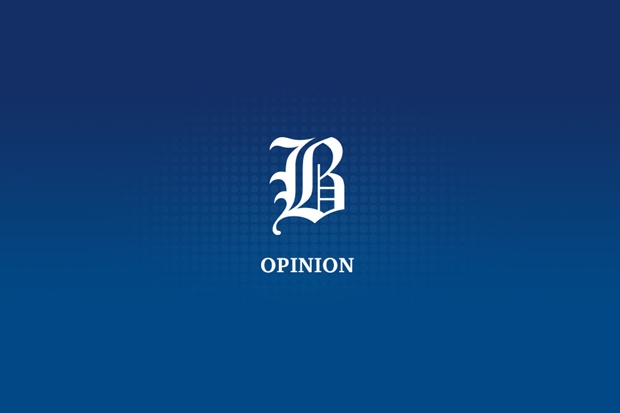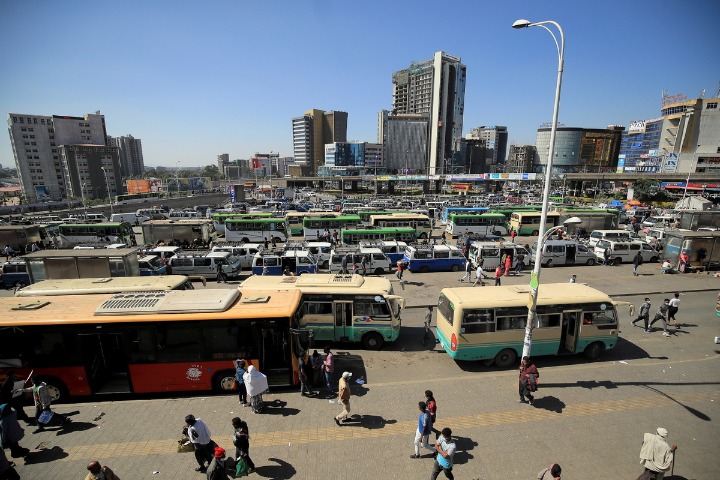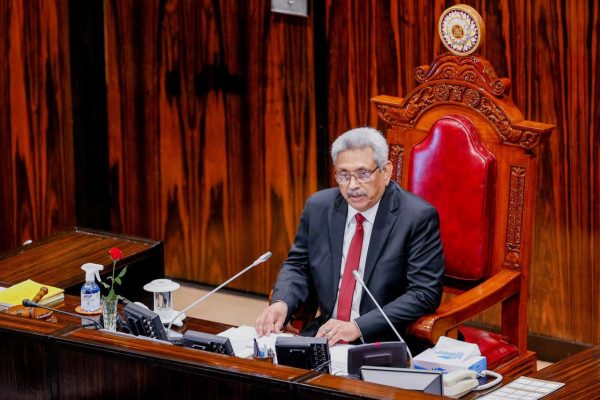Sri Lanka’s debt crisis is a lesson for all countries

A tragedy is unfolding in Sri Lanka. The economy is paralyzed, and because the country’s debts are unsustainable, it cannot borrow. The country is suffering from the worst economic crisis in the world since the Second World War.
The situation is so serious that millions of people have taken to the streets. The president has fled the country, and now parliament has elected a new, but unpopular replacement. If all goes well, the International Monetary Fund can come to Sri Lanka’s aid with a package of rescue loans and a program to put in place sustainable fiscal, monetary and exchange rate policies.
Sri Lanka’s fate serves as a lesson to other governments. When a country’s economic problems become manifestly insurmountable, postponing the settlement of scores through various piecemeal measures will ultimately only make matters worse.
For years, Sri Lanka has been a “donor darling”, due to its relatively high standard of living, good social services and robust economic growth. During the first half of the last decade, it had an average annual growth rate of 6.5% – one of the highest in the world – and very low population growth. Although economic growth slowed after 2015, it still averaged well above 3% until 2019.
But at the end of that year, a new government came to power and immediately announced a major tax cut. In 2020 and 2021, the government recorded a budget deficit of more than 10% of GDP. The annual inflation rate fell from an average of less than 5% in previous years to 39.1% in May and then to 54.6% in June.
Worse, with inflation already accelerating, the government announced in the spring of 2021 that it was banning all imports of chemical fertilizers. Predictably, rice production fell by 20%, tea exports fell to their lowest level in more than two decades and more than a third of the country’s farmland was left fallow. .
The Covid-19 pandemic has added to these self-inflicted wounds, causing a sharp drop in tourism revenue, which has subsequently worsened Sri Lanka’s foreign exchange shortage and further reduced its ability to purchase imports. At the end of 2021, the situation was spiraling out of control; in May, the government defaulted on its external debt.
Today, Sri Lanka cannot get the essential inputs to revive the economy until it restructures its debt and has a functioning government in place. The country’s debt restructuring will be unusually complicated because a large share is due to China, which does not participate in Western-led multilateral restructuring exercises for over-indebted sovereign borrowers.
Again, the lesson for other indebted countries is clear. While a country’s economic authorities may delay for some time some of the consequences of misguided policies through rationing and import bans, price controls, budget deficits, foreign borrowing and money printing, the music will eventually stop.
If Sri Lanka had approached the IMF at the end of 2021 (or even earlier) and implemented the painful reforms needed to control inflation and reduce its current account and fiscal deficits, at least six months of suffering could have be avoided. Specifically, the descent of the country into complete political chaos could have been completely avoided.
Since the start of the pandemic, the international community has rightly paid more attention to the plight of heavily indebted developing countries, with the G20 launching a debt service suspension initiative that granted some 13 billion US dollars (478 billion baht) of relief to 48 countries. countries in 2020-21, but that was a drop in the bucket compared to what was needed.
Worse still, there has been very little differentiation between countries whose underlying economic policies were sustainable and those whose policies would have become unsustainable without reform, even in the absence of Covid-19. Lending to a country in the latter category without ensuring that it has implemented or will implement sustainable economic policies does it a disservice. On the contrary, such “support” only postpones the day of reckoning and leaves it with even heavier debt service when the time comes.
Policymakers in other economically troubled countries should take Sri Lanka’s story into account. The lessons can be associated with those of Brazil which, after the debt crisis of 2002, quickly adopted the necessary political reforms and experienced years of sustained growth. Brazil, too, had a choice between quick and painful action to create the conditions for recovery, and denial and postponement to postpone the inevitable. Its leaders have been wiser than those who have since driven it out of Sri Lanka.©2022 Syndicate Project





![[Press release] Debt crisis: a failed G20 summit](https://www.cadtm.org/local/cache-vignettes/L710xH373/f0bd231bf33e0619051e008da75a42-274d7.jpg)
